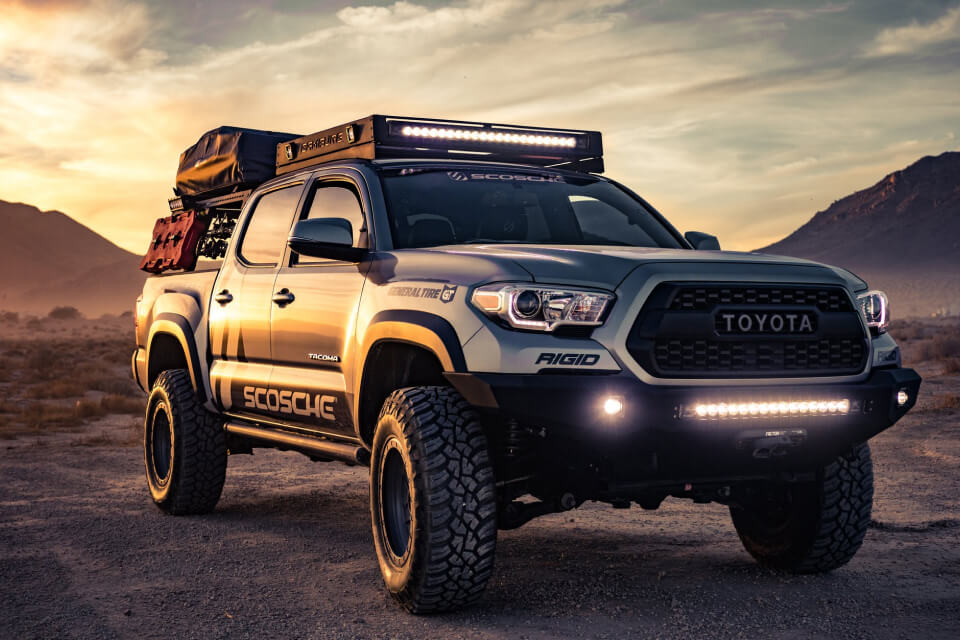Automobiles are a major part of modern life, and it’s natural to have a lot of questions about them. Whether you’re a car enthusiast or just trying to understand your vehicle better, knowing the answers to common questions can help you make informed decisions. Here’s a guide to some of the most frequently asked questions about automobiles.
1. What Should I Look for When Buying a Used Car?
Vehicle History Report:
Always check the vehicle history report for any accidents, title issues, or previous damage. This report provides insight into the car’s past and can help you avoid problematic purchases.
Mechanical Condition:
Have a trusted mechanic inspect the car for any hidden issues. A pre-purchase inspection can reveal potential problems that may not be obvious during a test drive.
Implication:
Thoroughly researching and inspecting a used car ensures you’re making a wise investment and helps you avoid unexpected repairs and expenses.
2. How Often Should I Change My Car’s Oil?
Manufacturer’s Recommendations:
Follow the manufacturer’s recommended oil change intervals, which are usually found in the owner’s manual. This can vary based on the make and model of your car.
Driving Conditions:
If you frequently drive in harsh conditions (e.g., extreme temperatures, heavy traffic), you might need to change your oil more often than the standard recommendation.
Implication:
Regular oil changes are crucial for maintaining your car’s engine performance and longevity. Adhering to recommended intervals helps prevent engine damage and ensures smooth operation.
3. What Are the Benefits of Regular Car Maintenance?
Improved Safety:
Regular maintenance checks ensure that critical components like brakes, tires, and lights are in good working condition, enhancing your safety on the road.
Increased Longevity:
Keeping up with maintenance tasks such as oil changes, tire rotations, and fluid checks helps prolong the lifespan of your vehicle and prevents costly repairs.
Implication:
Regular car maintenance not only keeps your vehicle running smoothly but also ensures safety and reduces the likelihood of unexpected breakdowns.
4. How Can I Improve My Car’s Fuel Efficiency?
Proper Tire Maintenance:
Keep your tires properly inflated and aligned. Under-inflated tires can reduce fuel efficiency, while proper alignment ensures even tire wear and optimal performance.
Regular Engine Checks:
Ensure that your engine is running efficiently by having it checked regularly. Replace air filters, spark plugs, and fuel filters as needed to maintain optimal fuel consumption.
Implication:
Improving fuel efficiency saves money on gas and reduces your vehicle’s environmental impact. Simple maintenance and driving habits can make a significant difference in how efficiently your car uses fuel.
5. What Should I Do If My Check Engine Light Comes On?
Immediate Action:
When the check engine light comes on, it’s important to have your vehicle inspected by a mechanic as soon as possible. The light can indicate a range of issues, from minor to serious.
Diagnostic Test:
A diagnostic test will help identify the specific problem causing the light to illuminate. This test provides error codes that guide the mechanic in diagnosing and fixing the issue.
Implication:
Addressing check engine light warnings promptly helps prevent more severe problems and ensures your vehicle remains in good working order.
6. How Do I Choose the Right Car Insurance Coverage?
Assess Your Needs:
Consider factors such as your vehicle’s value, your driving habits, and your financial situation when choosing insurance coverage. Liability, collision, and comprehensive coverage each offer different benefits.
Compare Quotes:
Get quotes from multiple insurance providers to find the best coverage for your needs at a competitive rate. Be sure to compare the specifics of each policy, including deductibles and coverage limits.
Implication:
Choosing the right car insurance coverage protects you financially in case of an accident or damage. Assessing your needs and comparing quotes ensures you get appropriate protection at the best price.
7. What Are the Key Factors to Consider When Leasing a Car?
Lease Terms:
Understand the lease terms, including the duration, mileage limits, and monthly payments. Make sure these terms align with your driving habits and budget.
End-of-Lease Options:
Know your options at the end of the lease, such as buying the car, renewing the lease, or returning the vehicle. Be aware of any fees or conditions associated with these options.
Implication:
Leasing a car can be a flexible option, but understanding the terms and conditions helps you make informed decisions and avoid unexpected costs.
Conclusion
Understanding the answers to these frequently asked questions about automobiles can help you make better decisions regarding buying, maintaining, and insuring your vehicle. Whether you’re looking to purchase a new or used car, manage maintenance, or improve fuel efficiency, having this knowledge empowers you to keep your car in top condition and navigate automotive concerns with confidence.




